- Dominic Hernandez
- Community, Show on VR homepage, Trending
Breaking baby’s (and mom and dad’s) bad habits
How to identify bad manners and encourage a well-behaved ‘little’
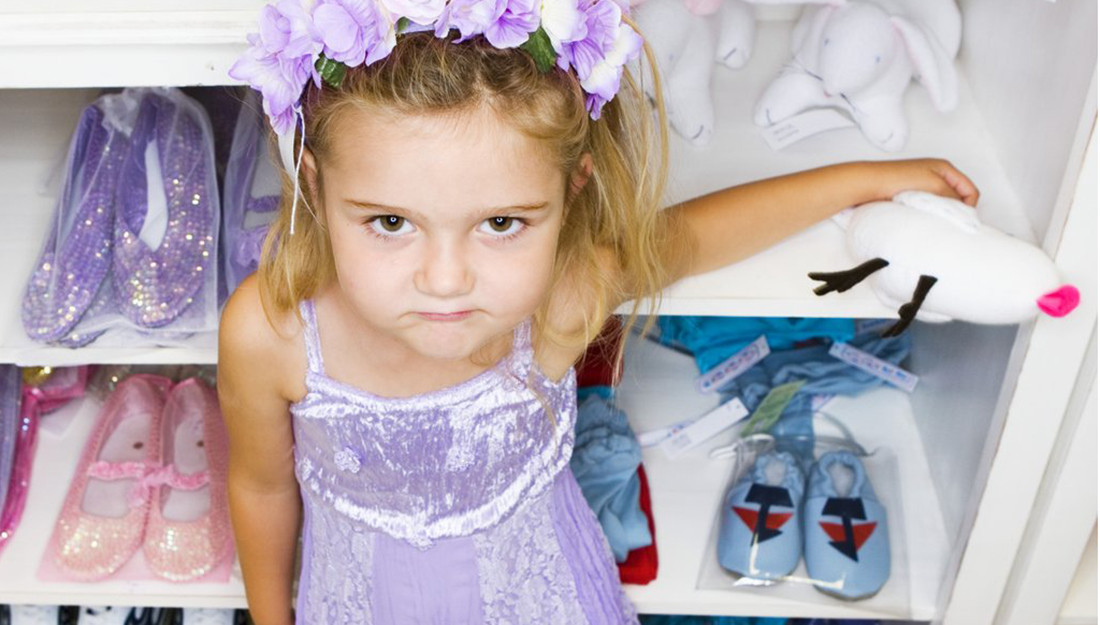
It’s easy to dote on your little bundle of joy, and many times parents end up unintentionally spoiling their children. We understand; who can say “no” to that cute face? But, by putting on your sheriff’s hat, it is possible to encourage good behavior and break bad habits.
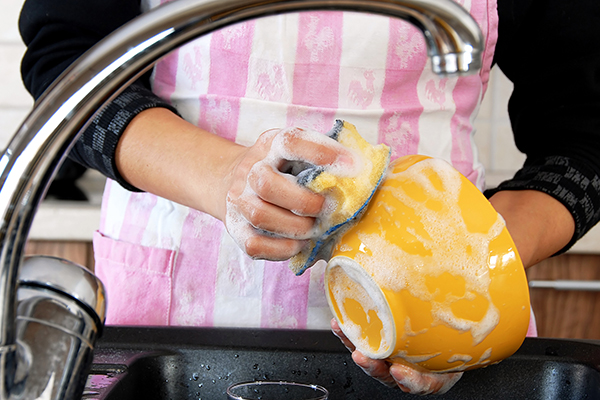
Keeping the house too quiet
This first tip may not be a baby’s habit, but, it is important nonetheless. A baby doesn’t come into the world expecting silence, they’re actually pre-disposed to noisy settings.
If you start getting your child used to a quiet environment, you’ll struggle to maintain it. So, do your daily chores around the house, even when your little one is in bed. If your baby is tired, drifting off to sleep won’t be a problem even if you’re making quite a racket.
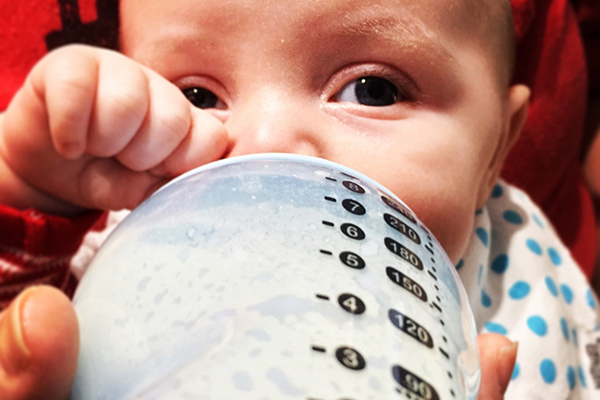
Putting your little one to bed with a bottle
It’s common to want to put your baby down with a soothing bottle in hopes that this will keep them calm through the night, but in fact, it could create some problems down the road.
A bottle in bed might interfere with baby’s natural body rhythms—causing your baby to wake from hunger. Also, letting your baby drink in the crib can be a choking hazard, as well as increasing the odds of an ear infection or tooth decay. If you want to feed your baby before bed, make sure they are sitting upright and that you clean their mouth after to limit the risk of dental problems.
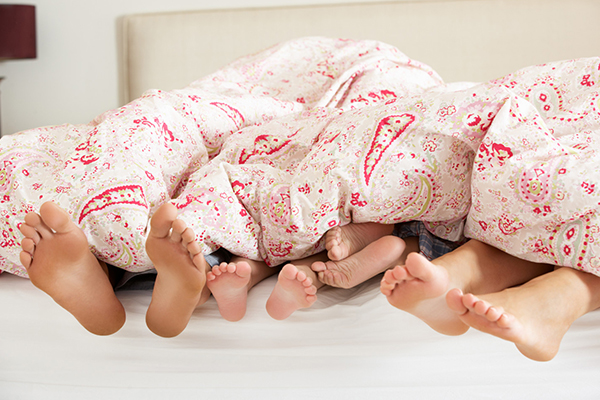
Co-sleeping
It’s hard to leave your child alone at night, especially during the first few weeks as a parent. While sleeping next to your baby can seem like a convenient way to respond to their midnight cries, it can create some problems. Babies don’t learn to soothe themselves to sleep if they are only used to sleeping beside mom or dad. Pillows and blankets can also be hazardous to infants.
Sharing a room with your baby is a lot safer than sharing a bed. Try putting baby’s crib next to your bed, which will eliminate the safety risks of co-sleeping with your baby. If you’re trying to establish the habit of your baby soothing themselves to sleep, spend a few minutes with them as they drift off to sleep, and then decrease the time you spend with them gradually.
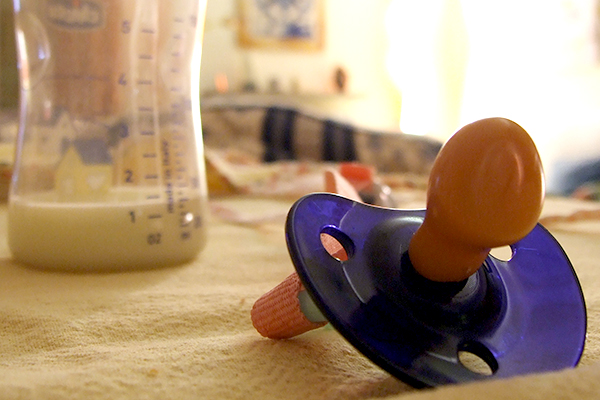
When your child can’t give up the pacifier
Your baby has been sucking on objects since before they were born, and this habit has a natural calming effect. However, prolonged pacifier use can lead to future dental problems.
By age four, toddlers should nix the pacifier completely. There are plenty of ways to kick the habit—such as a weaning process, quitting cold turkey or taking it away early (within the first 18 months).

Your baby is a bit too aggressive
Babies 12 months or younger typically don’t hit or bite as a sign of aggression. In fact, it’s typically seen as a sign of exploration, but, don’t underestimate their proud new teeth or tiny yet powerful fists. They can hurt. Your child may end up acting aggressive towards you or another child as a way to feed their ever-growing curiosity.
Being consistent in your response to these actions is key. If you laugh one time and become stern the next time, your baby will be very confused about when hitting is acceptable. Be firm and consistent with your responses, and your child will likely learn that hitting and biting others is not okay.
Media contact: media@tamu.edu


